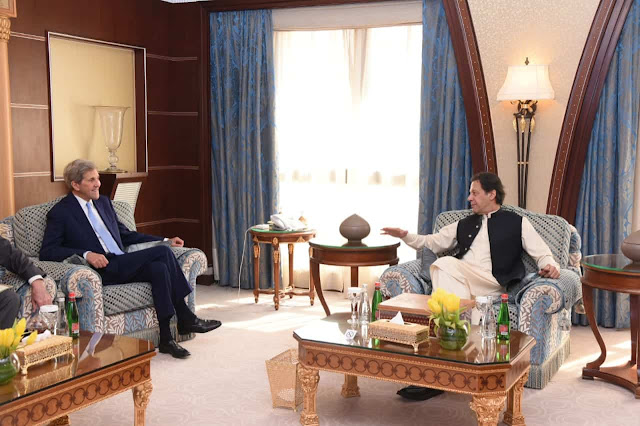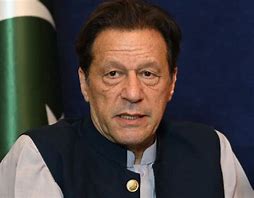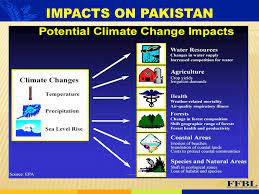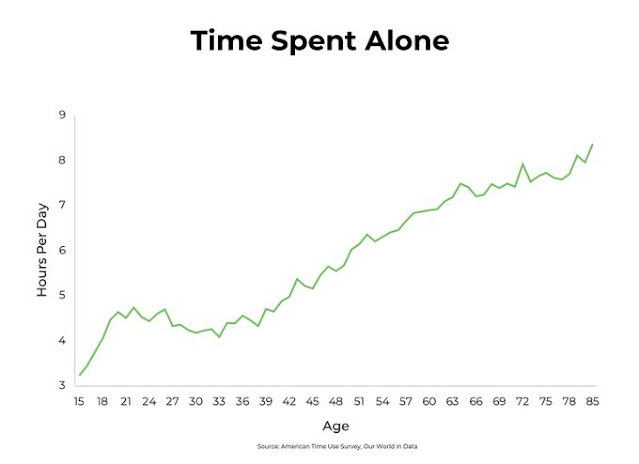Corruption has become a pervasive issue in Pakistan, with ordinary individuals increasingly resorting to corrupt practices. This alarming trend can be attributed to various factors, including physical weakness, mental vulnerability, deprivation, and disillusionment. In this article, we will explore the reasons behind the rise in corruption among ordinary people in Pakistan and its detrimental impact on society.
Introduction
Pakistan, like many other countries, grapples with the pervasive issue of corruption. However, what is particularly concerning is the increasing involvement of ordinary individuals in corrupt practices. To understand this phenomenon, we must delve into the underlying factors that contribute to the erosion of moral values and the inclination towards corruption.
Physical Weakness and Mental Vulnerability
Physical weakness and mental vulnerability can lead to a decrease in courage and diminish hard work. When faced with adversity and challenges, some individuals may feel dejected and give up on the pursuit of honest means. This vulnerability makes them susceptible to adopting corrupt practices as a supposed shortcut to success.
Perceived Path to Prosperity
In a society where a privileged class enjoys certain privileges and opportunities, ordinary individuals often perceive corruption as a means to alleviate their own deprivation. They believe that by engaging in corrupt practices, they can level the playing field and attain the benefits reserved for the elite. This misguided belief attracts them to resort to legal and illegal means to obtain those privileges.
Deprivation and Inequality
The prevailing socio-economic disparities in Pakistan contribute significantly to the rise of corruption among ordinary people. The ruling elite often enjoys a lavish lifestyle at the expense of the common man, who is deprived of basic necessities and equal opportunities to flourish. This sense of injustice and inequality fuels resentment, pushing individuals towards corrupt practices as a way to compensate for their perceived disadvantages.
The Temptation of Financial Gain
Financial temptations act as a catalyst for moral decadence. The allure of wealth and material possessions can be overpowering, leading individuals to compromise their ethical principles. In a society where the gap between the rich and the poor is widening, the desire for financial gain becomes more pronounced, driving many to engage in corruption as a means of personal enrichment.
Sense of Injustice and Disillusionment
The prolonged existence of an unjust system and a lack of accountability contribute to a growing sense of deprivation among ordinary people in Pakistan. They feel marginalized and excluded from the benefits and opportunities that should be accessible to all. This deep-rooted frustration and disillusionment create an environment ripe for corrupt practices, as individuals attempt to navigate the system to fulfil their needs and aspirations.
Upholding Integrity Amidst Challenges
Despite the prevalent corruption, there remains a significant number of individuals in Pakistan who choose to uphold their integrity, even in the face of adversity. Driven by faith and righteousness, they resist the charisma of corruption and strive to maintain their moral compass. While opportunities for bribery and theft may always be present, these individuals understand the importance of staying true to their principles and contributing positively to society.
Brain Drain Crisis in Pakistan: A Threat to Development and Stability
Conclusion
Corruption has become a significant obstacle to the progress and development of Pakistan. The reasons behind ordinary people becoming corrupt are complex, encompassing physical weakness, mental vulnerability, deprivation, financial temptations, and a sense of injustice. To combat this issue, it is imperative that both the ruling elite and the general population collectively work towards creating a fair and just society, where equal opportunities are provided to all and integrity is valued and rewarded.
In conclusion, the rise of corruption among ordinary people in Pakistan can be attributed to various socio-economic factors. To combat this issue, it is essential to address physical weakness, mental vulnerability, deprivation, inequality, financial temptations, and the sense of injustice. By promoting integrity, transparency, and equal opportunities, Pakistan can work towards a society where corruption is minimized, and the path to prosperity is paved through hard work, honesty, and ethical conduct.
FAQs
Q1: Is corruption limited to specific professions or sectors in Pakistan? Corruption saturates various professions and sectors in Pakistan, including doctors, lawyers, judges, vendors, milkmen, and public servants. It is not limited to any particular group but rather extends across society.
Q2: What is the impact of corruption on Pakistan\’s progress? Corruption poses a severe threat to Pakistan\’s progress. It impedes economic growth, erodes public trust, undermines institutions, and perpetuates inequality and injustice.
Q3: How can ordinary people contribute to combating corruption? Ordinary people can contribute to combat corruption by upholding ethical standards in their personal and professional lives, reporting corrupt practices, supporting transparent governance, and demanding accountability from their leaders.
Q4: Are there any initiatives in place to address corruption in Pakistan? Although the Pakistani government has implemented various initiatives, including the establishment of anti-corruption bodies, the promotion of transparency, the enactment of stricter laws, and the encouragement of public participation in accountability processes, there is a lack of belief among the people of Pakistan regarding their effectiveness.
Q5: What role does education play in tackling corruption? Education plays a crucial role in tackling corruption by promoting ethical values, raising awareness about the negative impacts of corruption, and empowering individuals to make informed choices based on integrity and accountability.











Informative